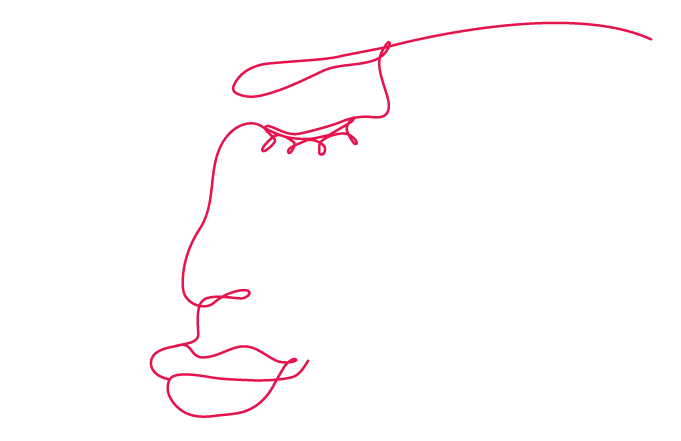Of kiosk culture & Büdchen love
Cologne has the highest concentration of Büdchen in the entire state of North Rhine-Westphalia. More than 1,000 kiosks keep the city well supplied with a wide range of beverages, sweets and other types of food, odds and ends of every kind, and even offer mini-events in tiny spaces. Some Büdchen are simple and functional, others stand out because of their extraordinary charm. In any case, one’s local Büdchen is always more than just an auxiliary fridge or an expanded sales counter. In short, Cologne has a fine Büdchen culture, which is also the basis of a characteristic local pastime: “büdchen-hopping”. You can experience Cologne’s fondness for its Büdchen at first hand by joining one of the city tours that focus on its best-known kiosks: the “Büdchentour”.
